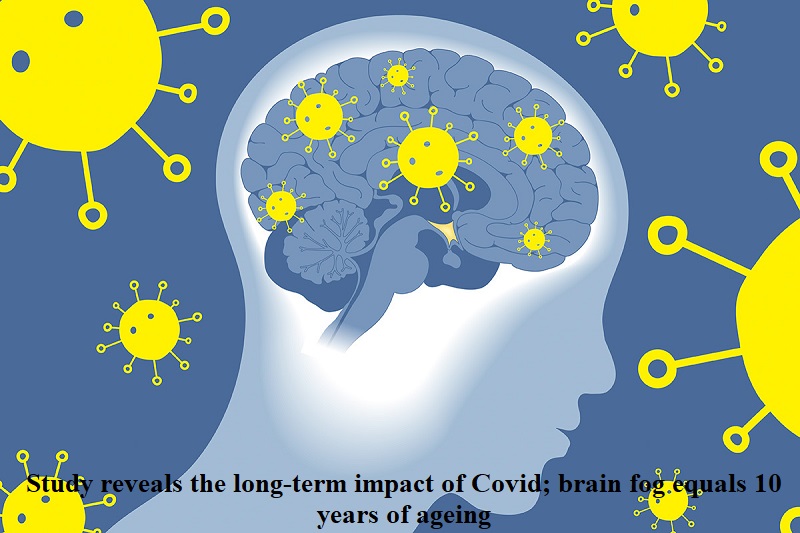
Even after two years since their initial infection, the lingering impacts of COVID-19, commonly known as “long Covid,” continue to present a substantial challenge to those affected.
A study conducted by King’s College London delves into the consequences of COVID-19 on memory and cognitive function, highlighting the prevalence of brain fog symptoms in individuals experiencing prolonged Covid-related symptoms for more than three months, as reported by the Guardian.
The research involved over 5,100 participants from the Covid Symptom Study Biobank, recruited through a smartphone app. Cognitive function was assessed through 12 tests, evaluating working memory, attention, reasoning, and motor control during two distinct periods in 2021 and 2022.
In the initial cohort of 3,335 participants examined in July and August 2021, those who tested positive for Covid displayed lower cognitive scores, with the most significant deficits observed in individuals experiencing symptoms for more than 12 weeks.
The impact of these deficits on cognitive function was comparable to aging approximately 10 years or experiencing mild to moderate psychological distress.
While the cognitive decline associated with long Covid was notable, it was found to be less severe than other factors such as lower educational attainment or persistent fatigue levels beyond the threshold. This observation highlights the complexity of long Covid’s effects on various aspects of an individual’s well-being.
The study revealed a concerning trend where individuals who tested positive for COVID-19 and experienced symptoms for more than three months exhibited the highest cognitive impairment.
These cognitive difficulties persisted even nine months after the initial infection, indicating the long-lasting impact on mental faculties.
A glimmer of hope emerged from the research, as individuals who reported a full recovery from COVID-19, regardless of the duration of their symptoms, did not display any cognitive impairment. This finding suggests that complete recovery from COVID-19 could be associated with restored cognitive function.
Despite significant advancements in understanding the long-term effects of COVID-19, further research is required to comprehend why some individuals continue to experience brain fog and cognitive difficulties even two years after their initial infection.
Researchers emphasize the necessity of monitoring individuals with the most affected brain function to provide targeted support for their recovery.

Post Your Comments